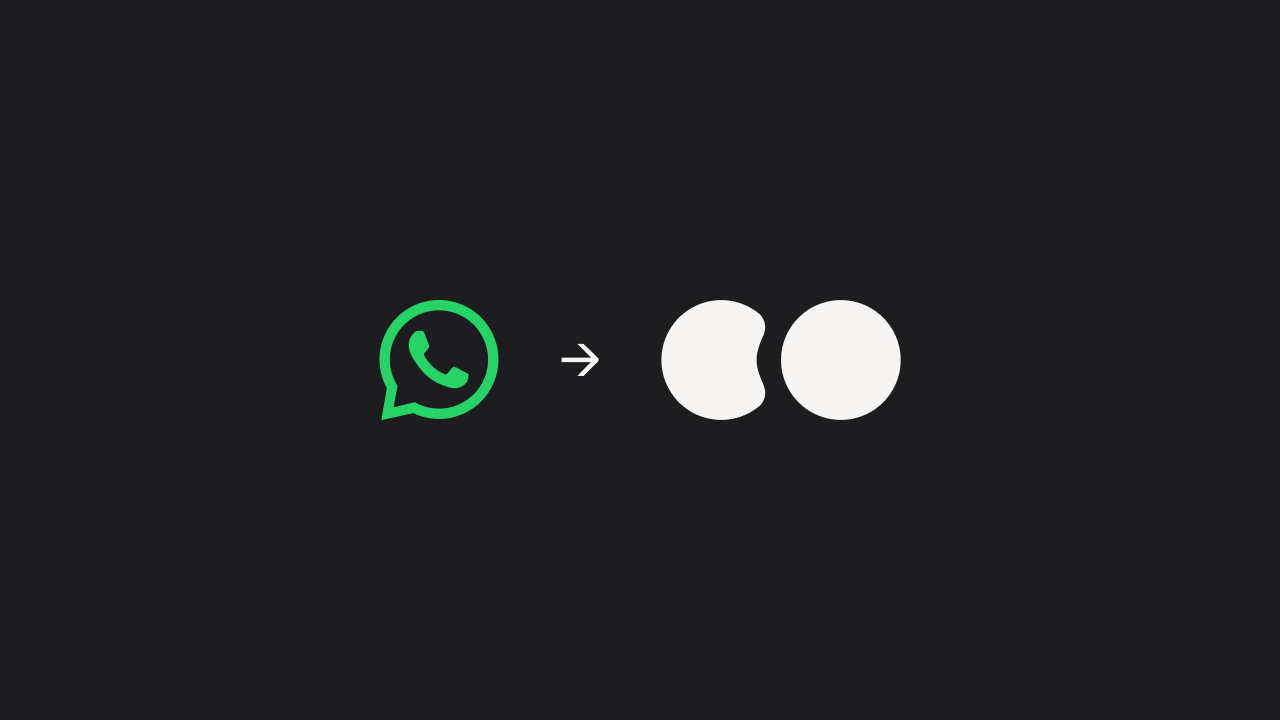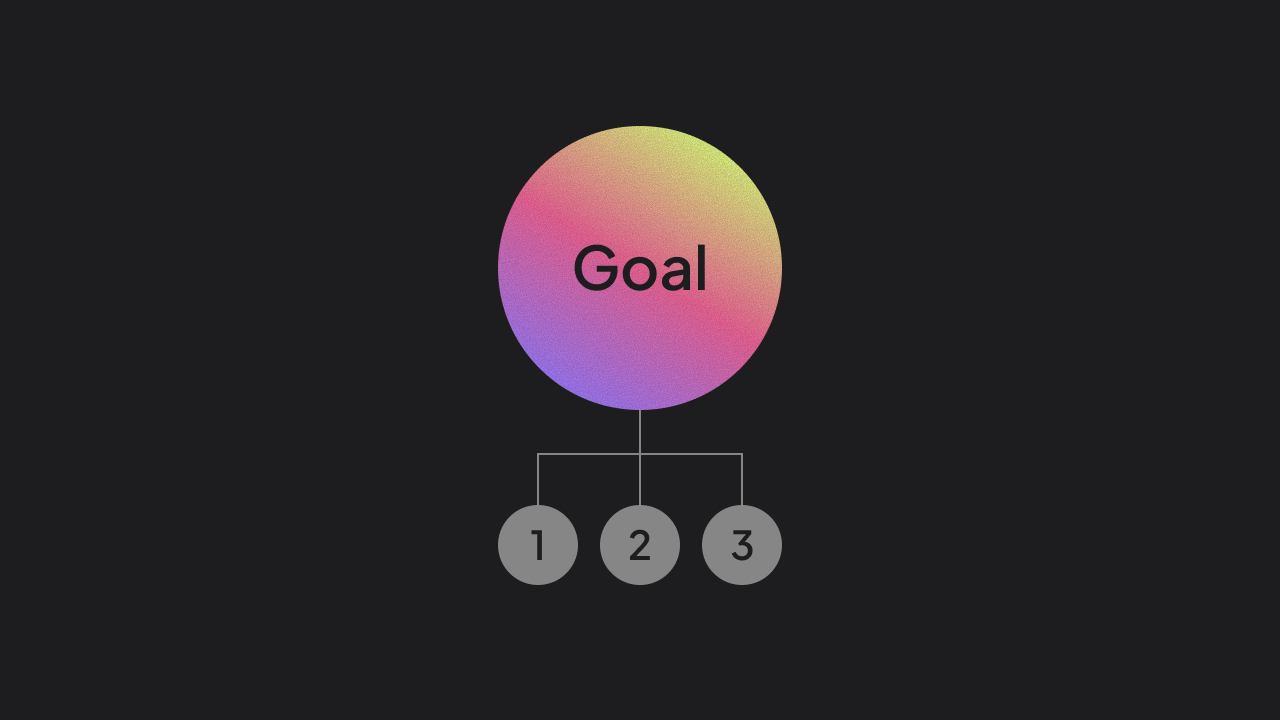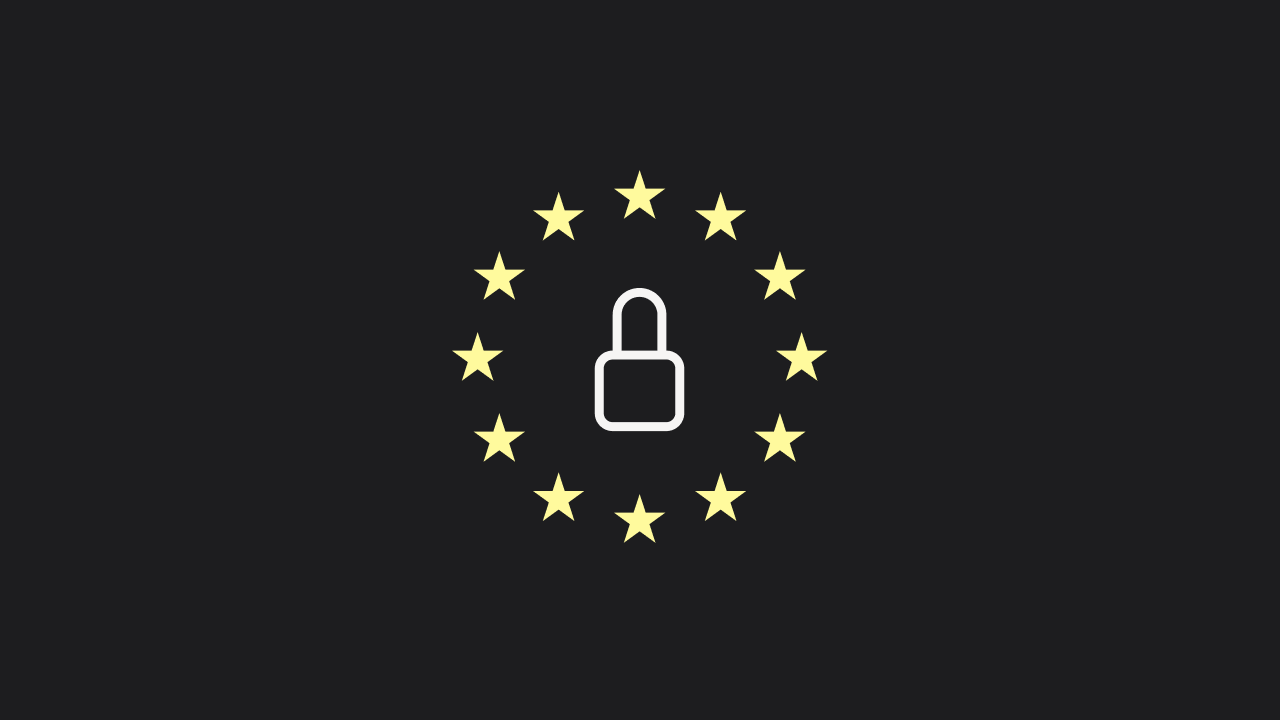The best tools for community management in 2025
Comparison, Features and recommendations for building modern online communities
More and more companies, organizations and local networks are focusing on building their own communities. But which tools really help - and what will be important in 2025?
1.
Why you should rely on your own community platform – and how to choose the right one
In today's digital landscape, simply being present is no longer enough. Anyone who wants to build lasting relationships with their users needs a platform that enables genuine interaction, trust, and value creation. This is precisely where the question arises: Should you rely on an existing network like WhatsApp, Facebook, or LinkedIn – or should you build your own community platform?
At first glance, third-party networks have clear advantages: Access to an existing user base is quick and uncomplicated, groups can be set up without prior technical knowledge and the entry costs are usually low. This can be useful for building up visibility in the short term or for addressing already active target groups.
But these advantages come at a price. You relinquish control over data, presentation and reach - everything is in the hands of the platform operator. Algorithms determine what is visible. Monetization opportunities are severely limited and user loyalty is often fleeting.
A dedicated community platform, on the other hand, gives you complete control: You decide on the design, content, and access. You retain control over your data and can specifically manage how you interact with your community—whether through events, content, chats, or member offers. This approach is unbeatable, especially with regard to data protection, branding, and long-term customer loyalty. GDPR compliance is a key issue, especially in Europe—dedicated platforms hosted in Germany or the EU offer a clear advantage here.
The decision for a platform should not only be made technically, but also strategically. First, you should clarify what you want to achieve with your community. Is it about knowledge exchange? Customer loyalty? Support? Or do you even want to sell products and services through your community? Your goals determine the necessary Features – from event management and booking systems to payment and CRM integrations.
Target group analysis is equally important. Who are your users? How tech-savvy are they? Where and how do they prefer to communicate? A mobile app with a chat function may be crucial for a young, urban target audience – while structured discussions and GDPR compliance are paramount for B2B communities.
Scalability should also be considered at an early stage. If your community grows, the platform has to keep pace - both technically and economically. Therefore, make sure you have a resilient infrastructure, transparent pricing and reliable support. Last but not least, integration into existing systems such as email tools, Zapier or accounting solutions plays an important role in automating processes and working efficiently.
2.
Why data protection and compliance are crucial for your community platform
Since the General Data Protection Regulation (GDPR) came into force in 2018, data protection is no longer a "nice-to-have", but a must - especially in the context of community platforms. This is because it is not just about technical Features, but also about the responsible handling of personal data: Names, email addresses, communication histories, booking data or payment information. Compliance is therefore a key issue for any organization that focuses on building trust and sustainable relationships.
This includes, in particular, hosting data in Germany or within the EU. This is the only way to ensure compliance with all legal requirements of the GDPR – including data processing agreements (DPAs), transparent consent processes, and clear deletion deadlines. Platforms like coapp therefore specifically rely on German-based data centers and offer documents such as DPAs – a clear advantage over US-based tools or big tech platforms.
Especially for organizations with a public mandate (e.g. municipalities, educational institutions or foundations), there is no alternative to a legally compliant platform. But private companies that are building customer loyalty, monetization or internal communities also benefit from the reliability and professionalism of a GDPR-compliant solution.
3.
Why specialized tools are necessary
Limits of social media (e.g. Facebook groups)
Data protection issues (e.g. no GDPR compliance)
Lack of integration & lack of control
Growing need for professional infrastructure for events, payments, exchange, etc.
4.
Selection criteria for community tools in 2025
Criterion |
Why important |
|---|---|
GDPR compliance |
Legally required in the EU - protects users and organizations. |
White labeling |
Strengthens brand loyalty and ensures a consistent user experience. |
Mobile use |
Enables access anytime and anywhere - indispensable for modern communities. |
Monetization opportunities |
Generates revenue through memberships, bookings, tickets or content. |
Interaction & Matching |
Promotes exchange, engagement and networking within the community. |
Integration & API |
Seamlessly integrates CRM, newsletter tools or other systems. |
5.
Comparison: Popular tools at a glance (2025)
Tool |
White label |
Hosted in Europe |
Mobile App |
Member payments |
Event tickets* |
|---|---|---|---|---|---|
coapp |
● |
● |
● |
● |
● |
Mighty Networks |
● |
○ |
● |
● |
● |
Circle |
● |
○ |
● |
● |
● |
Tribe |
● |
○ |
○ |
● |
○ |
Discord |
○ |
○ |
● |
● |
○ |
Facebook Groups |
○ |
○ |
● |
○ |
○ |
○ |
○ |
● |
● |
○ |
* Notes on the "Event tickets (integrated)" column:
●: The tool offers an integrated solution for the sale of event tickets without third-party providers.
○: The tool does not offer an integrated ticketing function; ticket sales are only possible via external integrations or third-party providers.
Details & Sources
coapp: Offers a white-labeling branding option, GDPR-compliant data processing and its own mobile app. Monetization functions such as memberships, event tickets and bookings are integrated. Offers an integrated event ticketing function that can be used to create events and sell tickets directly.
Source: coapp.io
Mighty Networks: White labeling is available in the Pro plan, which includes dedicated iOS and Android apps. Hosting is in the US, which may limit GDPR compliance. Monetization through courses, memberships and events is possible.
Sources: Mighty Networks, Mighty Networks Pricing
Circle: Offers a white-label app for iOS and Android with the Circle Plus plan. It is hosted in the USA, which may affect GDPR compliance. Monetization through paid memberships and courses is possible.
Sources: Circle.so, Circle Pricing
Tribe: White labeling is available on the Enterprise plan. There is no native mobile app. Monetization opportunities exist, but mainly in the Enterprise plan. Hosting is outside the EU, which may limit GDPR compliance No integrated event ticketing feature; requires third-party integration.
Source: Tribe.so
Discord: Does not offer a white label option. Monetization is possible via server subscriptions and other creator revenue products. There are privacy concerns regarding GDPR compliance. No native ticketing feature; requires integration with third-party providers such as Eventbrite.
Sources: Discord monetization guidelines, privacy policy for Discord use
Facebook Groups: No white label option available. Monetization options are limited and mainly possible indirectly via external tools. There are known data protection issues in connection with the GDPR. Does not have its own ticketing function; tickets are sold via third-party integrations such as Eventbrite.
Source: Facebook and data protection - what should be considered, eventbookings.com
WhatsApp: White labeling is possible via third-party providers such as WhatsXion or SimianBot, which offer official WhatsApp Business API services. Hosting usually takes place outside Germany, which may affect GDPR compliance. Does not support integrated event ticketing; tickets are sold and sent via third-party solutions.
Conclusion:
If you want to grow, you need more than just chats
Communities are no longer just "nice to have" - they are the strategic core of digital customer loyalty, member organization and product development. But in 2025, it won't be enough to start a WhatsApp group or Facebook community. If you really want to make an impact, you need a tool that creates trust, automates processes and leaves room for real interaction.
Many of the well-known tools offer individual Features, but not a holistic solution. Circle, Tribe and Mighty Networks offer good approaches - but come up against limits when it comes to data protection. Facebook Groups or Discord are simply not made for organizations that need control, monetization and legal security. And platforms such as WhatsApp completely lack basic Features features - especially for events or member management.
coapp, on the other hand, offers exactly that:
A white-labelled platform under your brand
Hosting in Europe - GDPR-compliant
Integrated event ticketing
Mobile app, payments, bookings and Features features
And all this with a clear focus on communities, not content or group chat
Start from €0 - scalable up to Enterprise
Regardless of whether you are building a local network, developing a subscription model or want to activate members in associations, organizations or coworking spaces: If you want to work professionally today, you need a platform that is designed for tomorrow.





